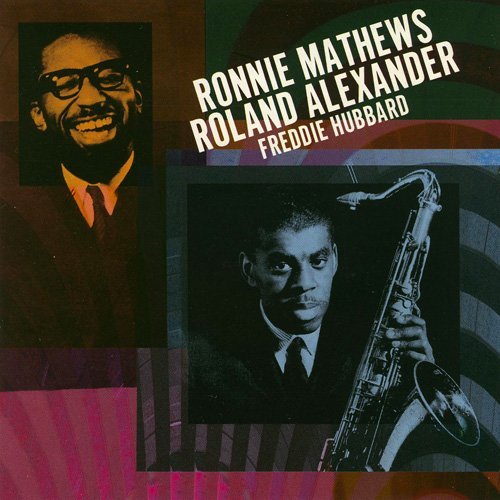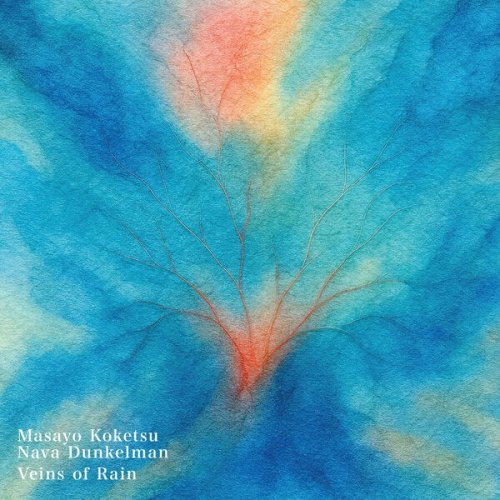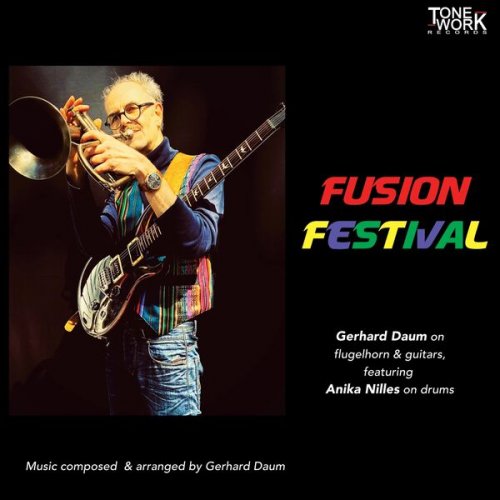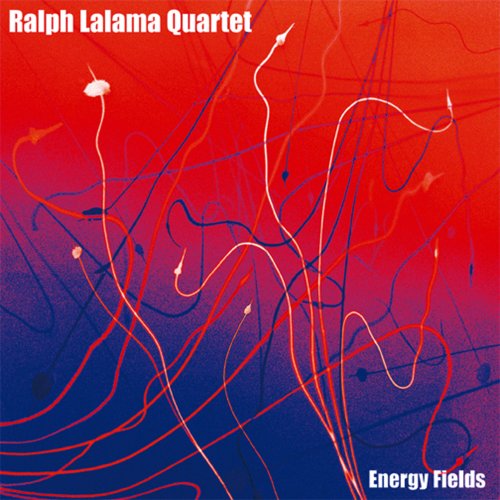Ronnie Mathews, Roland Alexander, Freddie Hubbard - Ronnie Mathews, Roland Alexander, Freddie Hubbard (2002)

Artist: Ronnie Mathews, Roland Alexander, Freddie Hubbard
Title: Ronnie Mathews, Roland Alexander, Freddie Hubbard
Year Of Release: 2002
Label: Prestige
Genre: Jazz
Quality: FLAC (tracks + .cue, log, artwork)
Total Time: 01:15:54
Total Size: 479 MB
WebSite: Album Preview
Tracklist:Title: Ronnie Mathews, Roland Alexander, Freddie Hubbard
Year Of Release: 2002
Label: Prestige
Genre: Jazz
Quality: FLAC (tracks + .cue, log, artwork)
Total Time: 01:15:54
Total Size: 479 MB
WebSite: Album Preview
01. The Thang (8:02)
02. Ichi-Ban (3:38)
03. The Orient (5:56)
04. Let's Get Down (5:16)
05. Prelude to A Kiss (5:35)
06. 1239-A (6:02)
07. Lil's Blues (7:26)
08. Orders To Take Out (7:05)
09. My Melancholy Baby (5:03)
10. Pleasure Bent (11:16)
11. I'll Be Around (5:23)
12. Dorman Road (5:45)
Two sessions featuring pianist Ronnie Mathews are combined on this CD reissue. The latter one from 1963 is first, featuring Mathews as a leader on record for the first time, fronting a quintet with a young Freddie Hubbard on trumpet and baritone saxophonist Charles Davis, as well as bassist Eddie Kahn and drummer Tootie Heath. All four of Mathews' originals are very enjoyable, especially the catchy blues "The Thang" and the swirling piece "The Orient." Mathews' surprisingly dark introduction adds a bit of drama to Duke Ellington's "Prelude to a Kiss," but he reverts to a happier mood and eventually plays it as a waltz when the horns join in. Although Hubbard was still developing his chops at this stage in his career, he never disappoints, while Davis' hearty baritone commands attention. The 1961 session is actually led by tenor saxophonist Roland Alexander, with Mathews as a sideman; trumpeter Marcus Belgrave, bassist Gene Taylor, and drummer Clarence "Scoby" Stroman round out the quintet. It was the saxophonist's recording debut as leader, too; though he stayed active somewhat as a player, he has since fallen into obscurity. Alexander wrote four of the six numbers of his session, though his pieces aren't as memorable. A loping treatment of Alec Wilder's "I'll Be Around" and a brisk rendition of the chestnut "My Melancholy Baby" provide a little bit of contrast. Although this session has its merits, it is clearly not as strong as Mathews' later recording. -- Ken Dryden
![Joe Pass - Virtuoso (1974) [2025 DSD256] Joe Pass - Virtuoso (1974) [2025 DSD256]](https://www.dibpic.com/uploads/posts/2026-02/1771609997_ff.jpg)
![Magda Mayas' Filamental - Murmur (2026) [Hi-Res] Magda Mayas' Filamental - Murmur (2026) [Hi-Res]](https://www.dibpic.com/uploads/posts/2026-02/1771663724_i3cjtptz4ae2l_600.jpg)






![Tom Braxton - Flashback (2026) [Hi-Res] Tom Braxton - Flashback (2026) [Hi-Res]](https://www.dibpic.com/uploads/posts/2026-02/1771426129_1.jpg)